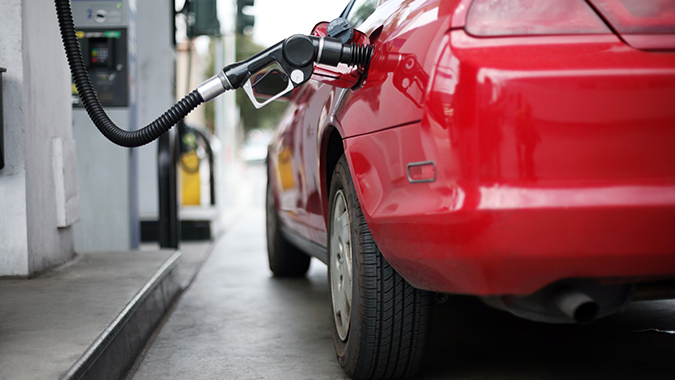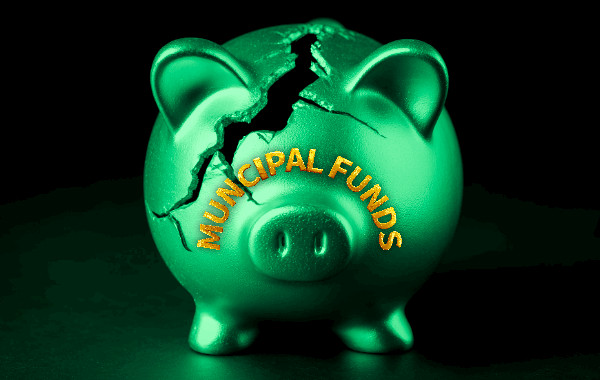NJBIA President & CEO Michele Siekerka issued the following statement today regarding Gov. Phil Murphy’s continued commitment to sunsetting a temporary 2.5% Corporate Business Tax surtax.
“NJBIA thanks Governor Murphy for remaining steadfast in his commitment to sunsetting the temporary CBT surtax. It is truly appreciated by the business community.
“Supporters of extending the CBT surtax either don’t understand or acknowledge the full context of it. Firstly, the surtax was always intended as temporary and, as Governor Murphy, has repeatedly stated: ‘A deal is a deal.’
“New Jersey businesses deserve to believe their policymakers when they say something is temporary, and they need to fiscally plan long-term based on those promises.
“Secondly, as misrepresented by supporters and misreported by some in the media, New Jersey’s corporate business tax is not ‘going away.’ After the temporary 2.5% surtax sunsets, our largest employers will still have a 9% CBT rate – which is the fourth highest in the nation. With the temporary 2.5% surtax, these job creators pay the largest overall CBT in the nation, by far.
“The argument for being an extreme, national outlier on business taxes ignores the most important principle of state tax policy - which is New Jersey competes with other states for job creation. It also ignores the proven economic benefits other states with lower CBT rates enjoy.
“It is wholly appropriate for businesses to seek profits. If other states allow for greater profits, we run the very real risk of those job creators moving investments and jobs elsewhere, which is not good for New Jersey. In neighboring Pennsylvania, for example, the CBT rate is on a course to go down to 4.9%.
“It is also unfortunate for any policymaker to say that a state needs to have the highest corporate business tax rate in the nation, by far, to afford to properly invest in transportation. The fact is there is no nexus between our corporate business taxes and transportation. Further, New Jersey spends and taxes way more than most states already. New Jersey should instead observe how it spends, rather than seeking to further penalize our job creators.”




